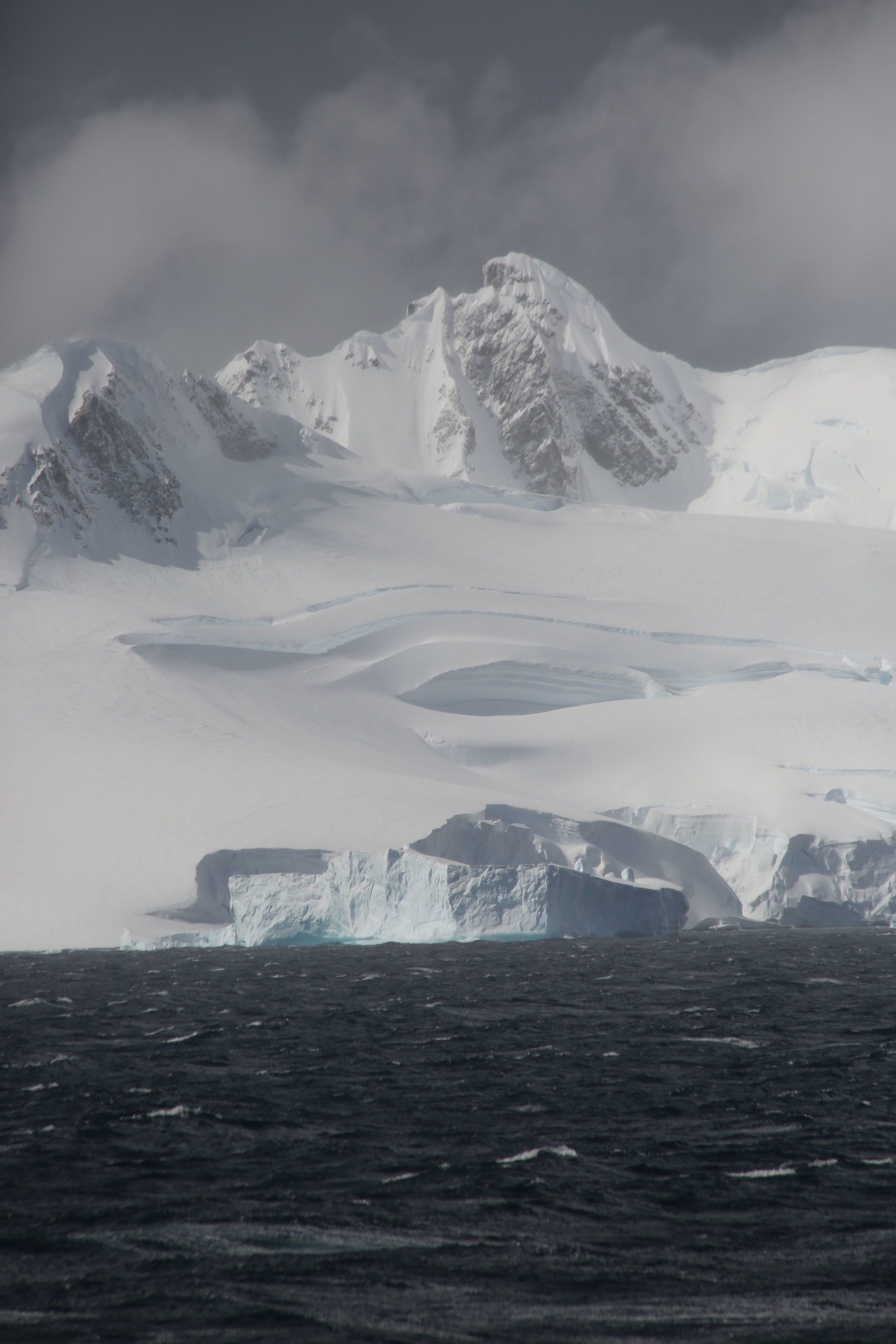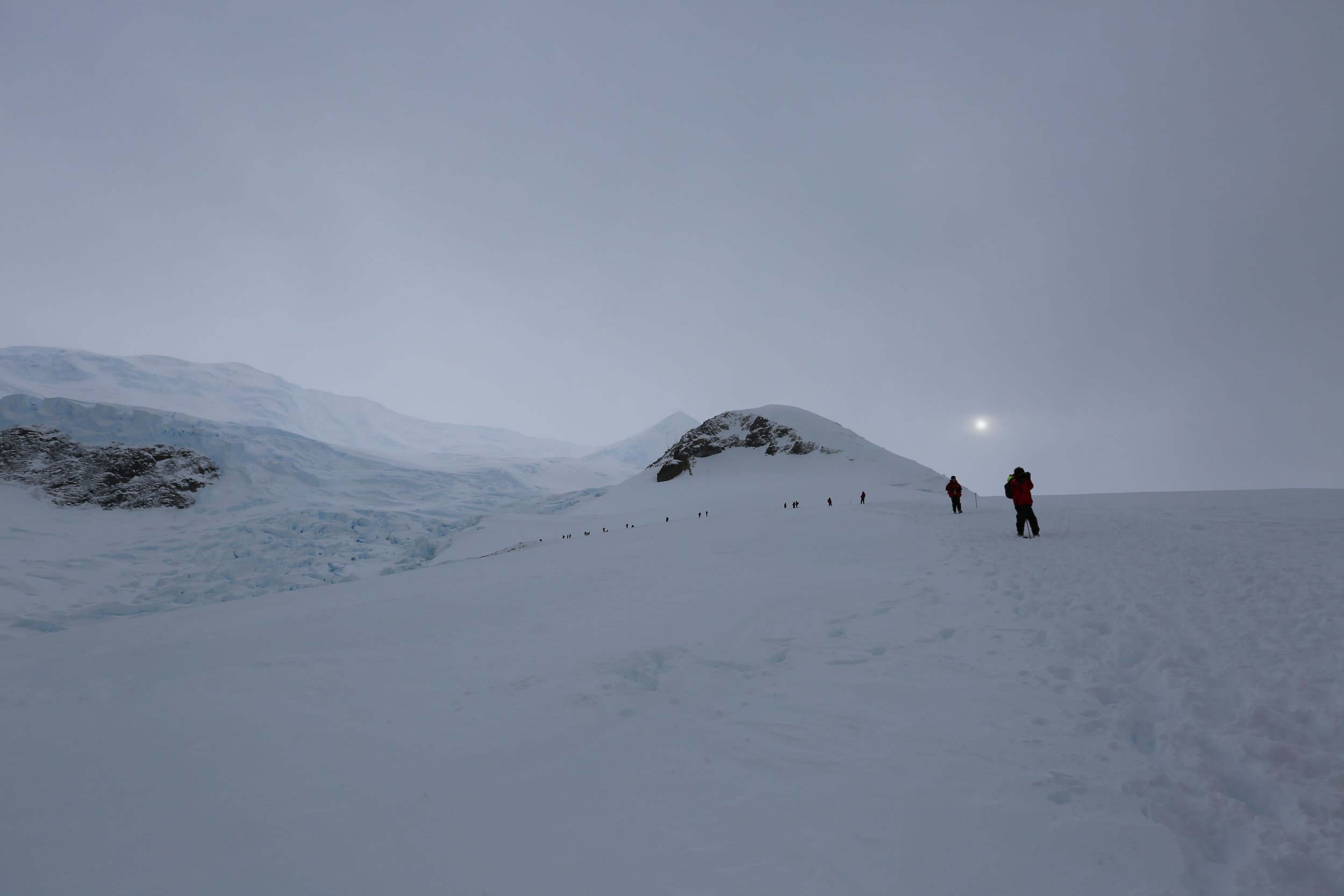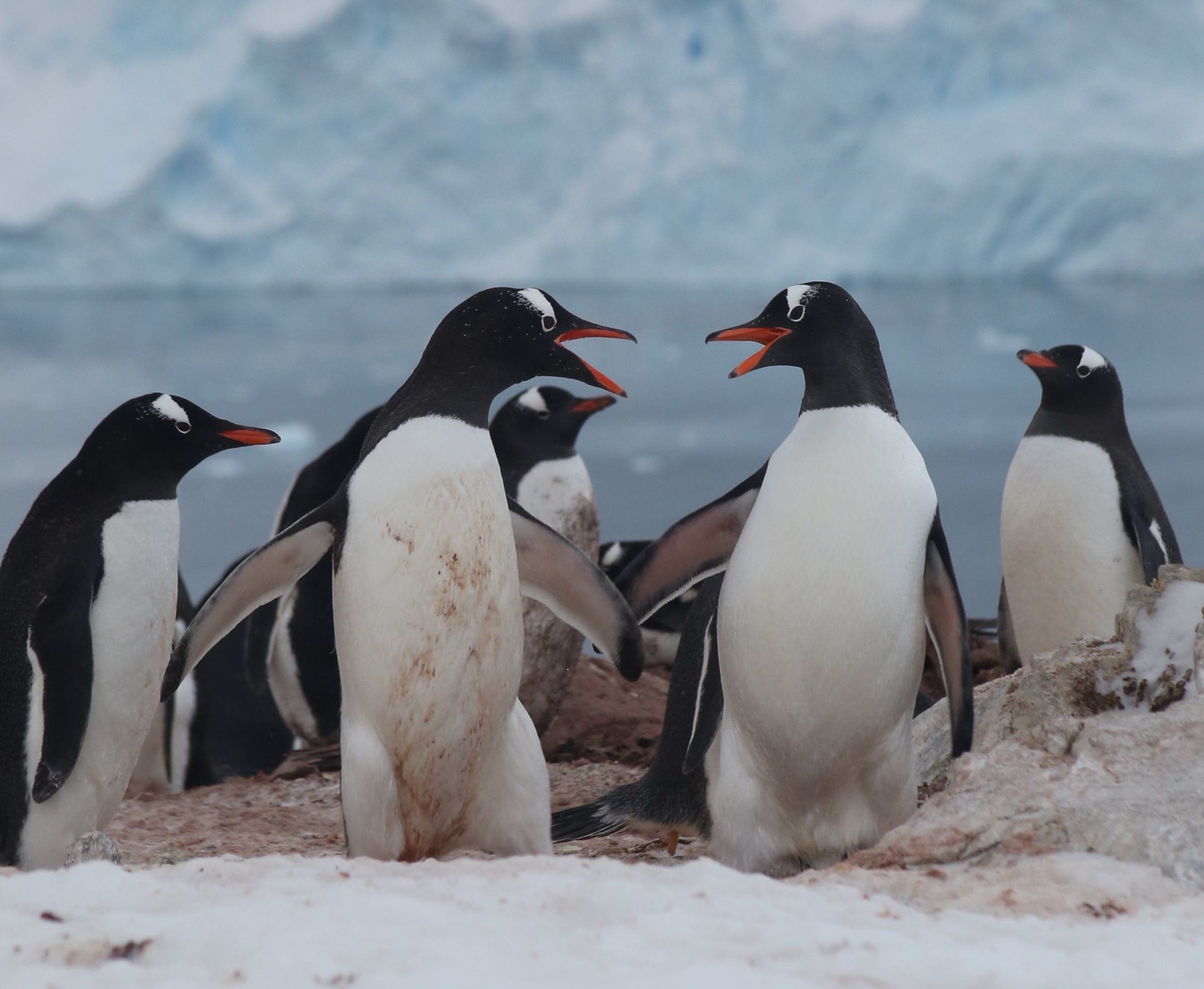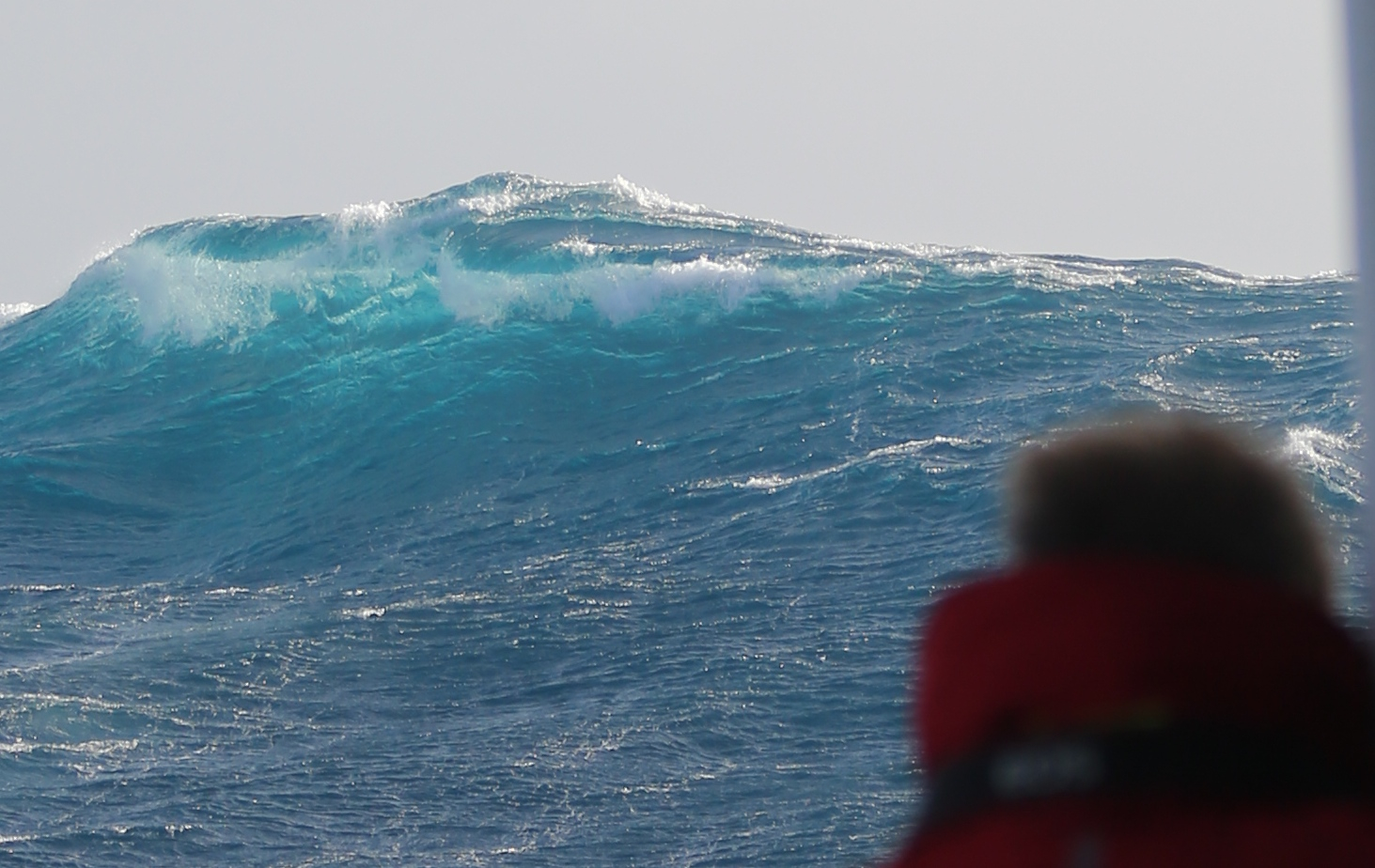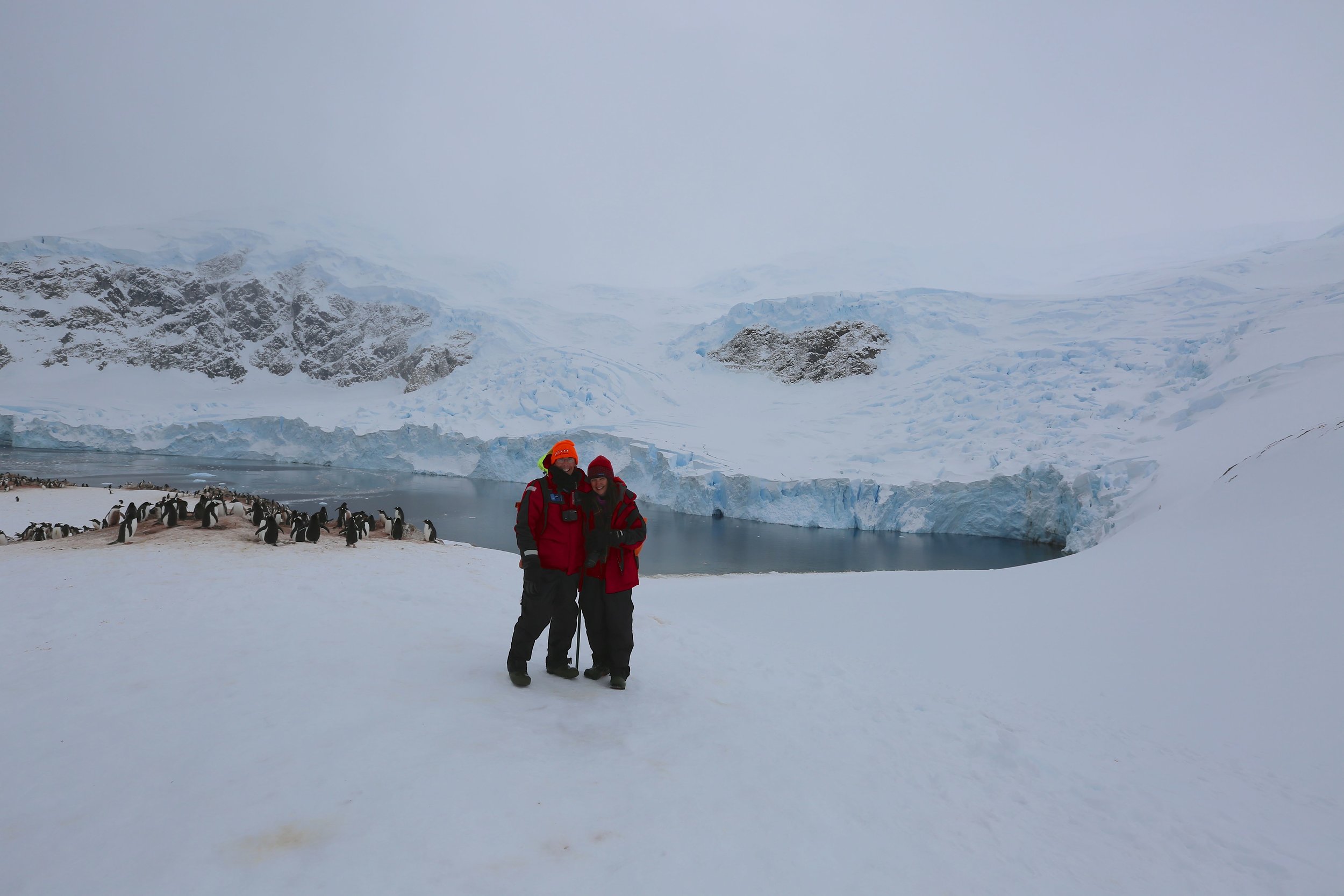A year ago at this time we were on our way to Antarctica on a Russian oceanographic vessel. Among the things we learned en route to and on the planet's coldest, wildest continent (besides the fact that we could ride out 50-foot waves—see slide show) was that the surrounding Southern Ocean waters are massively important both in sustaining the world's ocean food chain (through the abundance of tiny, bottom-of-the-food-chain krill, among other things) and in driving the deep-water currents that are crucial in shaping Earth's climate and transporting nutrients (as extra-cold, extra-salty water sinks to the bottom and moves across the ocean floor). All of which makes this a week to celebrate.
That's because 24 countries and the European Union have agreed to protect an ecologically vital part of the Southern Ocean known as the Ross Sea by creating the world's largest protected marine area—600,000 square miles, and the first such area to be established in international waters rather than the waters of one country. The deal is far from perfect (it expires in 35 years, primarily because of objections from Russia, which is trying to protect its fishing industry), but the hope among conservationists is that this will be the first in a series of Antarctic ocean sanctuaries—protected areas that might help stop us humans from screwing up yet another unique, life-sustaining portion of our fragile planet.

